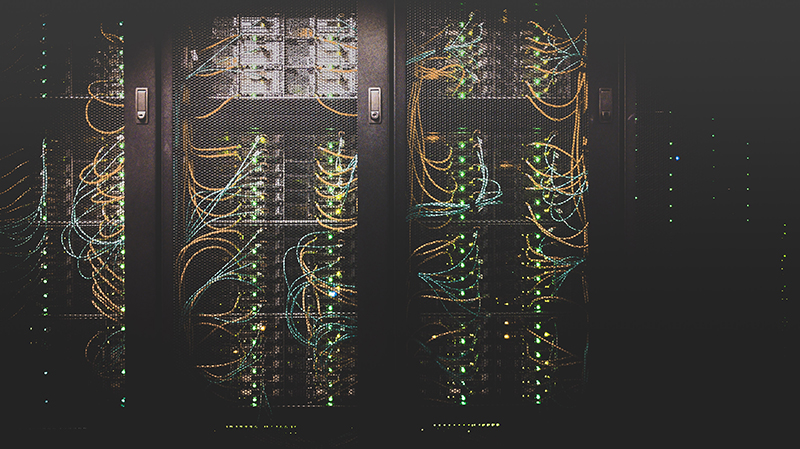The internet is a network of interconnected computers. Basically, if you are using one of these computers, you can request or send information to any of the other ones. It is almost a space—people sometimes call it "cyberspace"—and has a unique relationship to culture and economics because of its ability to put people in touch with other people, corporations, and governments even when they are not spatially proximal. If you are using the internet, you are "online." The information and websites on the internet are also "online."
The internet's underlying technologies were developed by the United States government, but subsequent implementations of the core concept moved the purpose of the project toward public and academic interest in the 1980s and early 1990s. Since the early-to-mid 1990s, the main drivers of internet development have been for-profit.
As a result, the modern internet is a hybrid of its late-1980s "free access to information" conceptual framing and the subsequent monetization of said information. People make money on the internet in four ways: selling the information created by users (what they like, what they buy), selling advertising, selling products using the internet (including software that lives on the internet) and, relatedly, complicated schemes to turn venture capital into more venture capital by convincing each subsequent group of investors that it isn't important if the company operates at a loss (because it's online).
When you use the internet, it's a sure bet that someone else is automatically keeping track of whatever you do. Most governments have extensive tooling built out to keep track of the information users on the internet create and exchange. So does everyone else. Most website owners primarily track what you do on their websites; some keep track of what you do on all websites (such as Google and Facebook, which are the two main websites that there are). So, you should be aware that it is not possible to have or create secrets online.
The internet's main danger, though, is that it is just absolutely chock full of bad ideas and misinformation. It is not just legal to lie on the internet: it is highly encouraged. Even the website you are reading is not particularly useful. We mostly made it to sell advertising.
Because it is full of nonsense and encourages not-very-above-board behavior from all parties, including mass surveillance by both private and public interests, we consider the internet more dangerous than the average thing.





